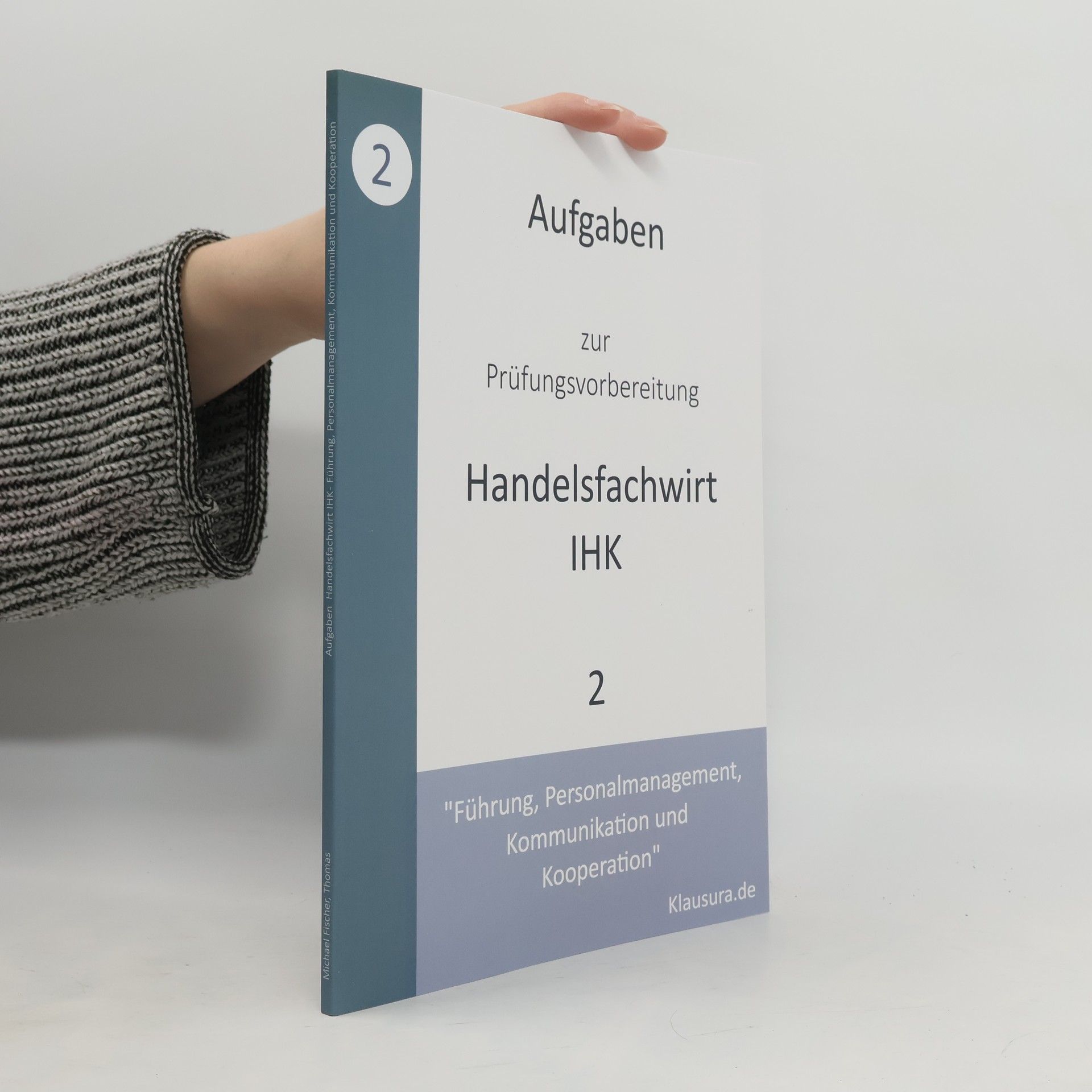Providing a history of experimental methods and frameworks in anthropology from the 1920s to the present, Michael M. J. Fischer draws on his real world, multi-causal, multi-scale, and multi-locale research to rebuild theory for the twenty-first century.
Michael Fischer Books
Michael M. J. Fischer is a distinguished professor at the Massachusetts Institute of Technology, focusing on the humanities, anthropology, and science and technology studies. His work deeply explores the nature of knowledge, examining how it emerges and disperses across diverse cultural and transnational circuits. Fischer investigates the evolving forms of life and understanding, emphasizing the critical role of the anthropological voice in interpreting these shifts. His research offers a unique lens into the intricate connections between culture, science, and the human experience.






The narrative unfolds as a group of friends embarks on an enchanting adventure into a fantastical world where ice hockey comes to life. This fully illustrated color edition by artist Michael Fischer captivates readers with its imaginative storytelling and stunning visuals. Ideal for collectors and suitable for readers of all ages, it promises to be a timeless classic that celebrates the joy of friendship and the magic of sports.
Probing Arts and Emergent Forms of Life
- 336 pages
- 12 hours of reading
Examining the work of key Southeast and East Asian artists, Michael M. J. Fischer calls for a new anthropology of the arts that attends to the materalities and technologies of the world as it exists today.
Aufgaben zur Prüfungsvorbereitung geprüfte Handelsfachwirte IHK
Unternehmensführung und -steuerung
- 172 pages
- 7 hours of reading
Die Prüfungsvorbereitung für geprüfte Handelsfachwirte fokussiert sich auf Unternehmensführung und -steuerung. Erfahrene Dozenten haben praxisnahe Aufgaben entwickelt, die auf Prüfungsinhalte und den Rahmenstoffplan abgestimmt sind. Diese Aufgaben sind nicht nur für die individuelle Vorbereitung geeignet, sondern werden auch im Unterricht eingesetzt, um eine solide Grundlage für den Prüfungserfolg zu schaffen.
Aufgaben zur Prüfungsvorbereitung geprüfte Handelsfachwirte IHK
Beschaffung und Logistik
- 58 pages
- 3 hours of reading
Die Aufgaben in diesem Buch sind speziell für die Prüfungsvorbereitung von geprüften Handelsfachwirten im Bereich Beschaffung und Logistik konzipiert. Erfahrene Dozenten haben diese praxisnahen Übungen erstellt, die sowohl den Rahmenstoffplan als auch typische Prüfungsaufgaben berücksichtigen. Dadurch bieten sie eine solide Grundlage für eine effektive persönliche Vorbereitung und sind zudem im Unterricht bewährt.
Aufgaben zur Prüfungsvorbereitung geprüfte Handelsfachwirte IHK
Handelsmarketing
- 82 pages
- 3 hours of reading
Die Aufgaben zur Prüfungsvorbereitung für geprüfte Handelsfachwirte im Bereich Handelsmarketing bieten eine praxisnahe Grundlage für die Examensvorbereitung. Sie wurden von erfahrenen Dozenten entwickelt, die ihre Kenntnisse aus der Weiterbildung und Prüfungsvorbereitung einbringen. Die Aufgaben orientieren sich an realen Prüfungsinhalten und dem Rahmenstoffplan, was eine gezielte und effektive Vorbereitung ermöglicht. Ideal für angehende Handelsfachwirte, die sich optimal auf ihre Prüfungen vorbereiten möchten.
Aufgaben zur Prüfungsvorbereitung geprüfte Handelsfachwirte IHK
Führung, Personalmanagement, Kommunikation und Kooperation
- 98 pages
- 4 hours of reading
Dieses Buch Aufgaben zur Prüfungsvorbereitung für geprüfte Handelsfachwirte - Führung, Personalmanagement, Kommunikation und Kooperation wurde von erfahrenen Dozenten zusammengestellt, die über viele Jahre Erfahrung in der Weiterbildung und Prüfungsvorbereitung verfügen. Die hier erstellten Aufgaben werden von den Dozenten auch in Ihren Unterrichtseinheiten verwendet und bilden somit eine fundamentale Basis für Ihre persönliche Prüfungsvorbereitung, da sie sich an Prüfungsaufgaben und den Inhalten des Rahmenstoffplanes der jeweiligen Ausbildungsthemen orientieren. Die Lösungen sind ausführlich mit wichtigen Anmerkungen der Ersteller versehen, um den Prüfungsteilnehmer Sicherheit im Umgang mit der Beantwortung der Fragen zu geben und so eine perfekte Vorbereitung auf die Prüfung zu gewährleisten. Weitere Unterlagen zur Prüfungsvorbereitung, in Form von Aufgaben Zusammenfassungen und Leitfäden finden Sie unter klausura.de.
Aufgaben zur Prüfungsvorbereitung geprüfte Handelsfachwirte IHK
Vertriebssteuerung
- 39 pages
- 2 hours of reading
Die Aufgaben in diesem Buch sind speziell für die Prüfungsvorbereitung von geprüften Handelsfachwirten im Bereich Vertriebssteuerung konzipiert. Erfahrene Dozenten haben diese Aufgaben erstellt, die sich an realen Prüfungsfragen und den Rahmenstoffplänen orientieren. Dadurch bieten sie eine solide Grundlage für eine effektive Vorbereitung und werden auch im Unterricht eingesetzt. Die praxisnahe Ausrichtung ermöglicht es den Lernenden, sich gezielt auf ihre Prüfungen vorzubereiten.
Reiten - leicht & logisch
So wirst du der bessere Reiter für dein Pferd. Mit Tipps für den Reitunterricht, die Pferdeausbildung und einem 10-Wochen-Trainingplan. Ein Reiter-Revue-Buch.
- 144 pages
- 6 hours of reading
Pferdegerechtes Reiten: wie Trainer, Reiter und Pferd miteinander lernen können. Was zeichnet einen guten Reiter aus – Pferdeverstand, Körperbeherrschung, Einfühlungsvermögen? Für den korrekten Sitz, die richtige Schenkellage oder die ideale Handhaltung gibt es Vorgaben und Orientierungshilfen. Doch um wirklich gut zu reiten, muss der Reiter an seiner eigenen Wahrnehmung im Sattel arbeiten und die eigene Hilfengebung reflektieren. In „Reiten – leicht & logisch“ erklärt Michael Fischer, wie das Zusammenspiel von Trainer, Pferd und Reiter wirklich funktioniert und gibt konkrete Tipps, wie jeder Reiter daran arbeiten kann, ein glückliches Pferd unter dem Sattel zu haben. Michael Fischer ist ein international erfolgreicher Reiter, der zwar im Springsattel unterwegs ist, aber auch mit Dressurgrößen wie Georg Wahl oder dem Oberbereiter der Spanischen Hofreitschule Arthur Kottas-Heldenberg trainiert hat. Als diplomierter Sozialpädagoge weiß er, wie wichtig eine gute Kommunikation für ein erfolgreiches Lernen ist – auch und gerade im Reitsport. - Richtig reiten lernen mit der MF-Skala der Reiterausbildung: Körperkontrolle, Hilfengebung und Kommunikation - Pferde trainieren mit dem MF 2-Punkte-System


